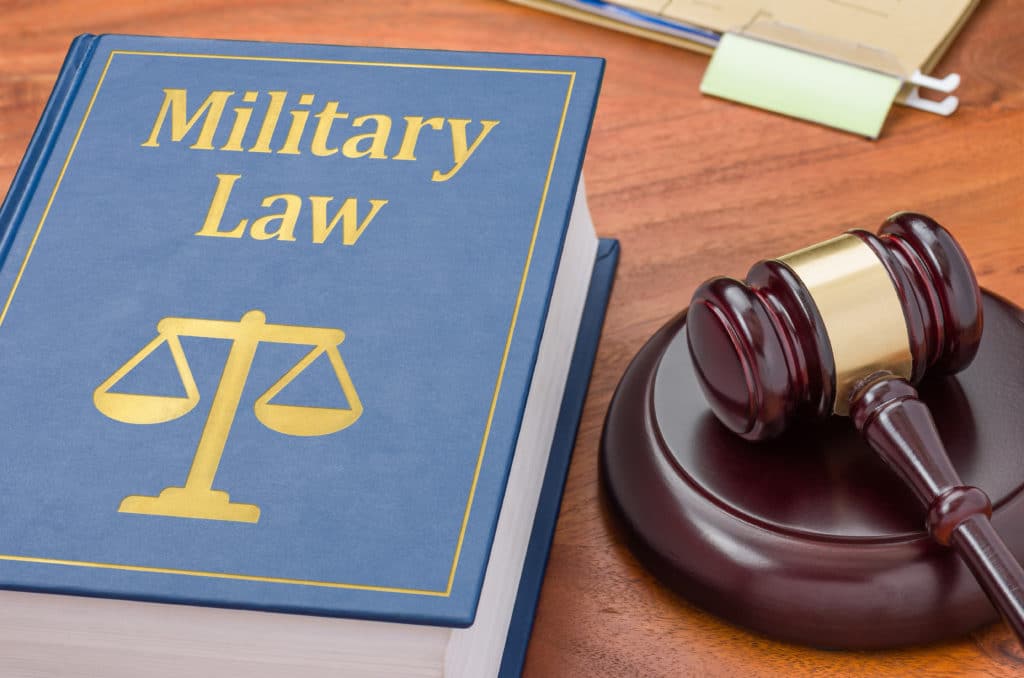Article 43(a) of the UCMJ establishes the statute of limitations for military offenses. The statute of limitations is the timeframe for prosecuting criminal offenses in military courts that applies to a particular offense. From 1986 to 2006, the military had five years from the date of most offenses to charge someone with that offense. The … Read more
Court Martial Appeals Blog
This is a blog focusing on Court Martial Appeals Issues.
The Military Justice Act, passed in 2016, took effect on January 1, 2019. Among the many changes to military justice practice the new law includes adjustments to sentencing procedures. These changes seem primarily to address the disparity in sentences under the previous procedures. Until this year, if an accused elected to be tried by members … Read more
Extensive changes to military justice went into effect on January 1, 2019. One of the biggest changes was the addition of a new type of court-martial. Article 16(c)(2)(A) allows a special court-martial convening authority to refer charges to a special court-martial consisting of a military judge alone. Unlike when the charges are tried at a … Read more
In 2016, Congress passed the Military Justice Act of 2016. These significant changes to the UCMJ and the Manual for Courts-Martial came into effect on January 1, 2019. While the law did create some new offenses, the biggest changes came in the procedures associated with courts-martial. Here are some of the most important changes: 1) … Read more
In early 2014, Senior Chief Barry was charged with two specifications of sexual assault. He eventually went to trial and was convicted of one specification by a military judge. The finding and sentence came up to RADM Lorge, the Commander of Naval Region Southwest-San Diego for action. Although the Rules for Court-Martial governing the case … Read more
If you have ever read a court-martial charge sheet, you have probably wondered how one allegation of a crime could turn into five different charges. Prosecutors frequently break an incident down into multiple offenses when they prepare the charge sheet. For example, one fistfight could end up with several specifications of assault, one for each … Read more
On 29 November 2016, Private Hendrix was charged with two specifications of sexual assault. However, the alleged victim refused to participate and testify in the proceedings. Therefore, eventually, the convening authority dismissed the charges. One day later, the alleged victim decided she did want to participate in a trial against the accused. The convening authority … Read more
If you or your loved one was convicted at a court-martial, it does not mean the opportunity to defend yourself is over. What if about a year after your court-martial you discover new evidence that could lead to a new finding that you are not guilty? In this case, you may petition for a new … Read more
Recently, the Court of Appeals for the Armed Forces (CAAF) reversed three different Air Force cases based on their 2016 holding in United States v. Hills. In Hills, CAAF held that if a servicemember is charged with more than one sexual offense in a court-martial, one charge cannot be used as “propensity evidence” to show … Read more
Yeoman Second Class Cooper (appellant) was convicted at a court-martial of three specifications of sexual assault and one specification of abusive sexual contact. He was sentenced to five years confinement, a dishonorable discharge, a reduction in rank and forfeiture of all pay and allowances. Appellant’s conviction was based on the allegations of Petty Officer Second … Read more




